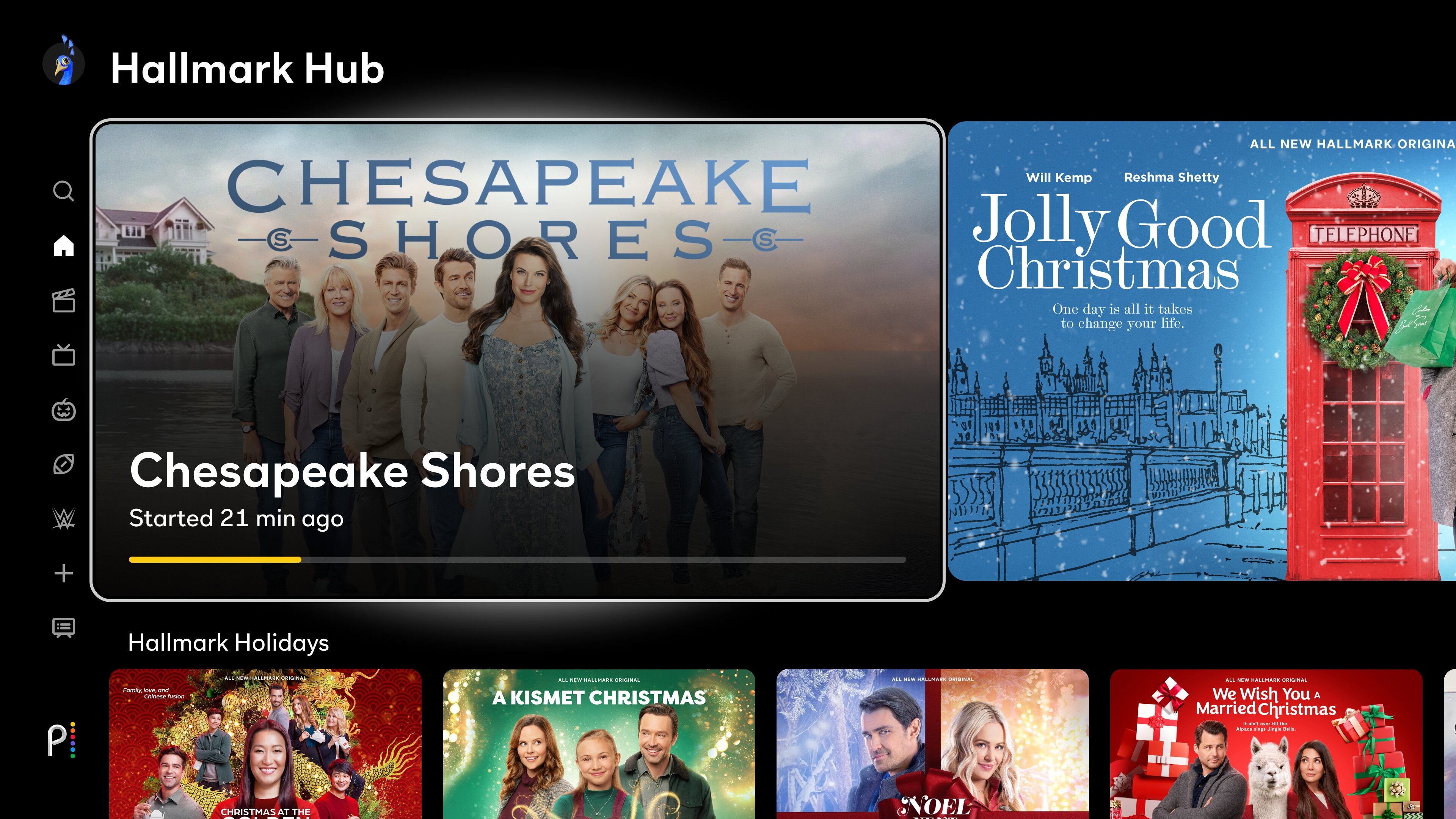
One of the most important things for any media entity to do is to fully embrace whatever its individual identity is. ESPN knows that it is the worldwide leader in sports (even if that title was self-bestowed). When Disney+ launched, it positioned itself as a family-friendly content provider that also catered to genre fans. AMC+ is the home of prestige cable dramas and Acorn TV provides British series to international audiences.
Failure to establish an identity can be especially problematic for streaming services. Not only do they not have the decades of built-in familiarity that their linear counterparts do, but with the rapid expansion of the streaming marketplace in recent years, it is easy to be overlooked and ignored if a service is unable to clearly and concisely communicate its value proposition to consumers.
There is perhaps no streamer that has struggled to establish a consistent identity more so than NBCUniversal’s Peacock. Despite launching in July 2020, the streaming service has yet to have a bona fide breakout hit and has never been able to settle on a coherent programming strategy. However, that might be changing thanks to a series of moves that have been largely overlooked by the media intelligencia.
On Monday, Peacock announced that it had entered into a streaming partnership with Hallmark Media to create a branded hub on the platform for Hallmark Channel, [Hallmark Movies & Mysteries], and [Hallmark Drama] content starting on Wednesday, Nov. 2.
This hub will provide Peacock subscribers with access to live and on-demand Hallmark series and films just as the channel is in the early stages of its annual Countdown to Christmas movie marathon. The move — though not the type to inspire think-pieces from the media literati — has the potential to be a big one for the service. Hallmark’s low-stakes, feel-good programming has inspired a devoted fanbase and is especially popular during the holiday season in which the channel re-runs its classic holiday romcoms 24/7, while also premiering multiple original films every weekend.
Last week, the industry engaged in a lot of handwringing about Pecoack’s decision to not only cancel one of its few semi-recognizable series in “Girls5Eva,” but to also allow it to be picked up for a third season by Netflix — the two streamers will share the archive rights tot he first two seasons of the musical comedy series. While, as a fan of the show, this news was mildly annoying, I actually think that — taken in conjunction with Monday’s Hallmark announcement — it could finally be providing a bit of clarity on an identifiable strategy from NBCU execs.
Related: Holiday Movie Roundup: All of the Christmas Films from Hallmark, Great American Family, Lifetime, Netflix, More
In May, Peacock became the next-day streaming home for all of Bravo’s unscripted shows after they departed Hulu. With the start of the fall broadcast season, all of the shows from the other NBCU networks did the same in September.
While the migration from Hulu and the Hallmark hub are seemingly very different at face value, there are a number of things that these moves have in common. Firstly, while the adding of content will obviously require some sort of technical and financial investment, it is much cheaper for Peacock to add already created content from Hallmark and its sibling linear channels than it is to create new shows from scratch. Secondly, the demographic overlap between the average Bravo and Hallmark viewer is likely very strong. Therefore, the NBCU streamer appears to finally be settling on at least something approaching a brand identity.
While Peacock also promotes its sports content from Major League Baseball to the English Premier League to the WWE, if the platform is able to offer a certain, hyper-passionate subset of viewers with an undeniable reason to subscribe, that is a huge step in the right direction. What’s more is that with both Bravo and Hallmark, there is a nearly never-ending stream of content to keep consumers engaged with the platform.
From the “Real Housewives” franchise to the “Below Deck” franchise to “Watch What Happens Live” and more, there is always more reality programming on tap from Bravo. And while Hallmark’s trio of cablers put out multiple new movies every week, one of the joys of the channels is that they provide their viewers with familiar, lean-back titles that they can watch over and over again. So, even if someone is completely caught up on the latest round of Hallmark Christmas movies, the live-viewing option and on-demand library provide incredible opportunities for Peacock to keep customers coming back for more.
It’s unlikely that Peacock will ever be able to truly compete with HBO Max in terms of Emmy-worthy programming, or Netflix in terms of the sheer volume of original titles available, but it doesn’t have to. Peacock’s backbone will always be its archive of classic NBC series like “The Office” and “Saturday Night Live,” and the Paramount Network hit “Yellowstone.” So the streamer isn’t starting from scratch, it already has something to offer viewers. But, if it can continue to develop its library of non-prestige content, the type of programming that won’t win awards or inspire New Yorker or NPR retrospectives, Peacock might finally be on its way to figuring out exactly what it is.
Peacock
Peacock is a subscription video streaming service from NBCUniversal that includes original shows, blockbuster movies, and classic television series. Peacock is home to “Yellowstone,” and “The Office,” as well as original hits like “Poker Face” and “Bel-Air.” You can also watch live sports including NFL, MLB, WWE, Olympics, Premier League, NASCAR, French Open, College Football and Basketball, and PGA Tour. Premium Plus subscribers can stream their local NBC feed in all 210 markets.

